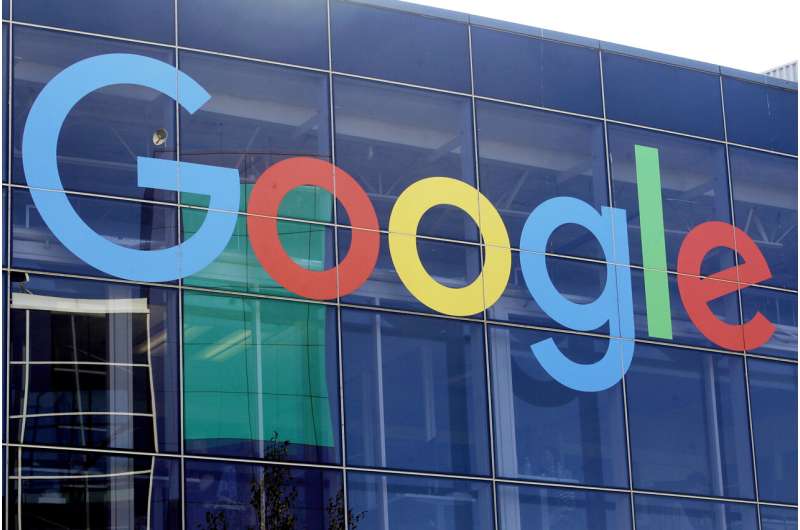In a groundbreaking decision, a federal judge has ordered Google to tear down the digital walls surrounding its Android app store, the Play Store, and allow for greater competition. This ruling aims to address Google’s illegal monopoly and its impact on the broader app ecosystem. Antitrust laws are being leveraged to promote a more open and fair marketplace for Android app distribution. The implications of this decision could ripple across the industry, potentially benefiting both app developers and consumers alike.

Breaking Up Google’s Android App Store Hegemony
Judge James Donato of the U.S. District Court has given a worning to Google that it must modify its Android app distribution ecosystem and has issued an injunction to order such changes. But the most significant change is that the Play Store will where third-party app stores must now be installed if consumers want to easily be able to find and download such alternatives to their Android devices.
The court-mandated shakeup is designed to keep Google from further solidifying its position atop the Android app market. The decision also makes clear that Google isn’t allowed to engage in certain revenue-sharing agreements or exclusivity deals, things that big tech companies have traditionally used to limit competition. Sort of: he is making all the apps on Android and all the games available in the Play Store open to other platforms, too — an attempt at creating a more competitive environment that means good things for developers and users.
Worries About Security & Malware
By comparison, Google has said that creating these safeguards would be difficult and take a year to a year and a half to complete. It has cited fears over the potential for malware to make its way into other Android app stores where it could then infect devices which number in the millions.
But the judge’s order mandates a shortened timeline, requiring Google to update Android by November. It signals that the court seems to think that although there might be security issues it is more important on the benefits side, and Google will need to move fast. That ruling underlines the mounting legal pressure on tech giants to respect consumers’ choices and foster fair competition, which may require some tweaks to business-as-usual.
Broader Ripple Effects on App Ecosystem
This monumental decision could have implications across the Android app market. The judge’s changes could also increase pressure on Apple’s App Store [signaling guidelines] as another federal judge decides whether the iPhone maker is doing enough to ensure people can easily get alternative payment options.
The decision follows a previous court ruling that had found Google’s pre-installation of its search engine was an illegal abuse of its dominating market position. The combined influence of them could have a dramatic effect on the technology landscape and leave industry titans scrambling to adjust their business models in the interest of more competition and additional consumer choice. While Google has pledged to challenge the ruling, this escalation in advocacy for change within the digital platform status quo suggests that there may be some legs to it yet — and wider implications across the key players in tech as a whole.
